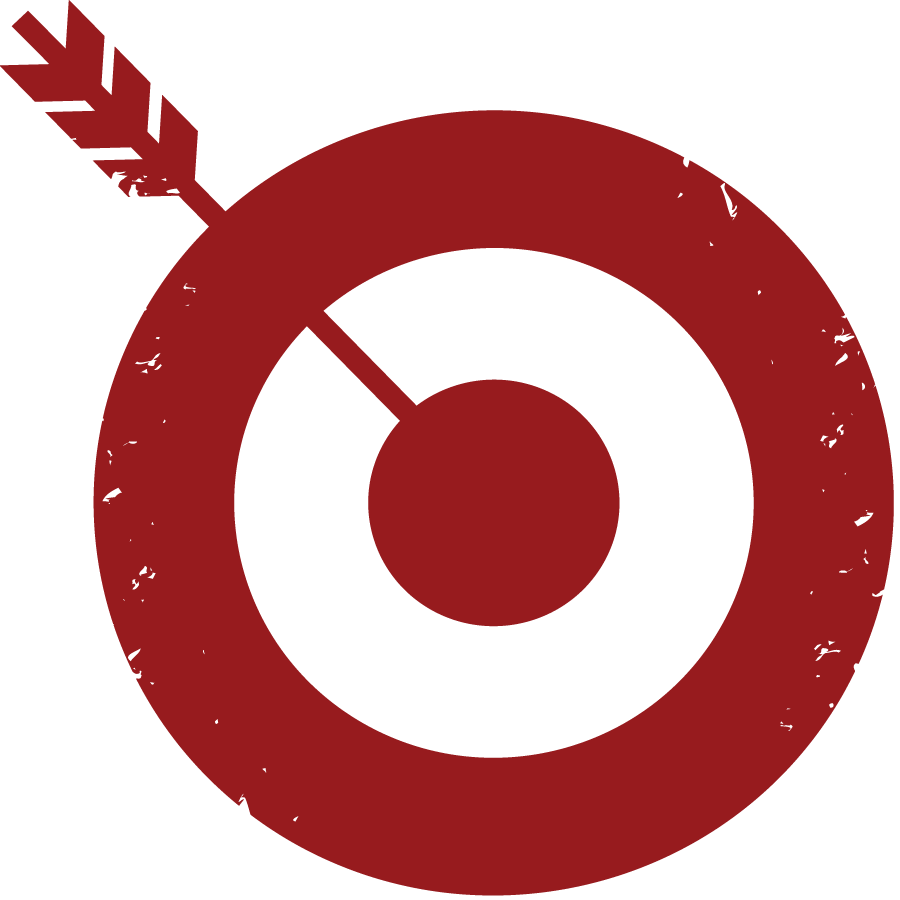JH: Would you say that art and labor are naturally at odds, as they are in “Timber”?
DM: Only in so far as artists are clearly not meant to be awake as early as laborers. (It’s before eight in the morning here in sunny, sunny England, and life hurts like a bear trap. As does deferring to the Americanized spelling of ‘labourer’, but it’s all for BULL, so I can dig it.)
But I think there’s a case to be made for art being its own kind of labor, and vice versa. After all, whilst there might still persist this notion that the arts represent a kind of slacker’s paradise, something utterly contrary to the working life, there has always been the figure – the stereotype, the moody bastard in the corner of the room at parties, only talking to people when they furnish him with booze—of the suffering artist to offset and undermine this view. Not that I necessarily subscribe to the idea of an artist’s suffering as having the kind of pretentious nobility that many seem to ascribe to it. Probably the reverse, in fact, most of the time. I think that the ‘suffering’ of artists is often viewed incorrectly as being different to that encountered by those in other professions. If the artist takes their art seriously—in terms of dedicating themselves to its improvement—then it becomes their work, their labor.
That, for me, is an aspect of the creative lifestyle that is not acknowledged frequently enough, and which was certainly a contributing factor to my writing “Timber”. Though it might seem from certain angles as though the character of Marcus is slacking off from his job, what he believes himself to be doing is choosing a new line of work, and approaching that work accordingly. The reason the character seems to suffer so much more than usual as a result is, I’d say, simply because his new line of work pays—at the stage of his career that this story shows, anyway—approximately 0% of what his old one did.
So, no, I don’t think art and labor are naturally at odds; but they are often (in very different ways, depending on how high or low a given person is on the foodchain) treated that way when it comes to making a living.
